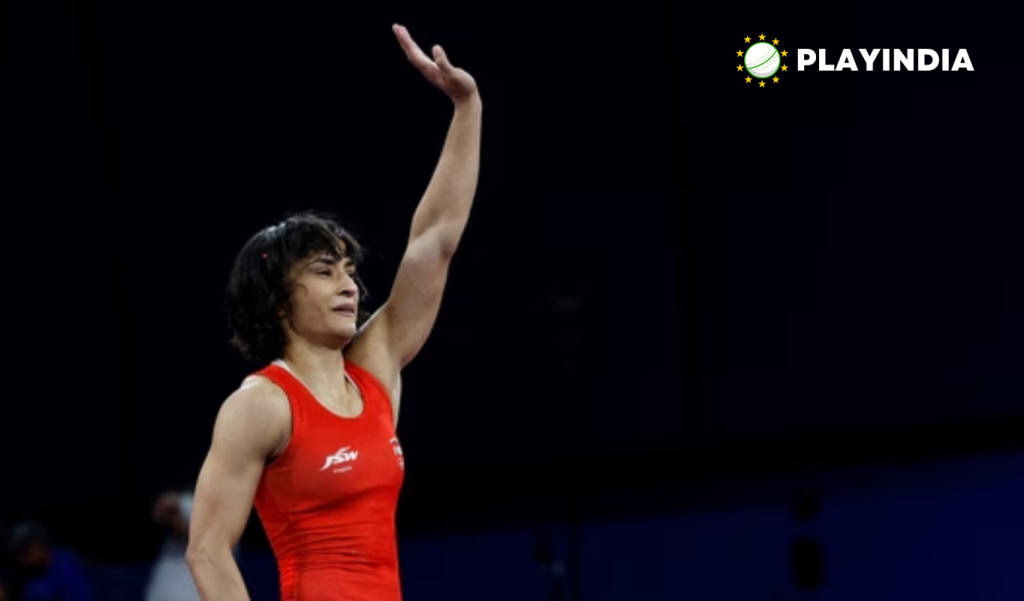Vinesh Phogat was in remarkable form as she advanced to the women’s 50kg final at the Paris Olympics 2024. However, her journey took an unexpected turn when she narrowly missed the weight requirement by just 100 grams, resulting in her disqualification from the final. Earlier, Phogat had made history by becoming the first Indian woman wrestler to qualify for an Olympic final.
Phogat has since appealed to the Court of Arbitration for Sport (CAS) for permission to compete for gold. If her appeal is granted, she has requested to be awarded a joint silver medal. The interim ruling by CAS is expected on Thursday.
What is the Court of Arbitration for Sport (CAS)?
The CAS was established in 1984 as an international body to resolve sports-related disputes through arbitration. Headquartered in Switzerland, the CAS also has courts in New York, Sydney, and Lausanne, with temporary courts set up in current Olympic host cities.
Key Features and Functions of CAS
- History and Purpose: Conceived by IOC President Juan Antonio Samaranch, the CAS was created to handle disputes during the Olympics. It was established as part of the IOC in 1984. Through the 2009 World Anti-Doping Code, all signatories, including Olympic international federations and national Olympic committees, have agreed to the CAS’s jurisdiction for anti-doping rule violations.
- Global Presence: The CAS operates with headquarters in Switzerland and permanent courts in major cities like New York, Sydney, and Lausanne. During the Olympics, temporary courts are also set up in the host cities to address any disputes that arise.
- Leadership: The current president of CAS is John Coates, appointed in 2011.
- Arbitration Agreement: A dispute can be submitted to the CAS only if there is an arbitration agreement between the parties specifying recourse to the CAS. Additionally, all Olympic Games disputes must be submitted to the CAS, and all Olympic international federations recognize CAS’s jurisdiction in certain disputes.
- Anti-Doping Division: Since 2016, an anti-doping division of CAS judges, specializing in doping cases at the Olympic Games, has replaced the IOC disciplinary commission.
- Appeals: As a Swiss arbitration organization, decisions made by the CAS can be appealed to the Federal Supreme Court of Switzerland.
Vinesh Phogat appeal to the CAS underscores the body’s critical role in ensuring fair play and resolving disputes in the sporting world. As the sporting community awaits the interim ruling, Phogat’s case highlights the CAS’s importance in maintaining the integrity of international sports competitions.




